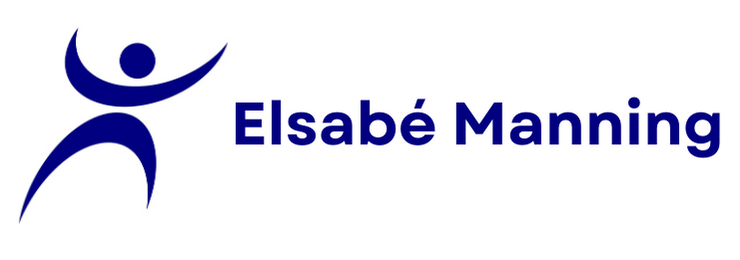PROFESSIONALISM IN THE WORKPLACE
‘PROFESSIONALISM’ is the term used to describe the internationally accepted standards or expectations that society has of people’s conduct and levels of competence in the workplace. These standards of conduct are set by society, management, our peers, our customers, our staff, our families and of course, us.
Being professional means that your conduct has to remain above reproach at all times—and must fit in with the circumstances and situations in which you find yourself. Being professional requires that you comply willingly with the highest ethical standards and that you have a deep awareness and understanding of appropriate business behaviour in various cultures. It also requires a high degree of knowledge, skill, ability, attitude and sound judgement.
MEASUREMENTS OF PROFESSIONALISM
- Image
- Business etiquette
- Telephone and e-etiquette
- Manners
- Communication: verbal, non-verbal (body language) and written
- Relationships
- Competence
- Responsibility and accountability
- Trustworthiness
- Empathy and compassion
- Respectfulness
- Emotional maturity (Emotional Intelligence – EQ)
- Work ethics.
Your professionalism is also measured by the extent to which others can rely upon you and trust that you are willing and able to follow through on commitments, avoid conflicts of interest, and are able to remain objective, and that you will adhere to the norms and expectations of business associates and of society at large.
True professionalism will command respect but it also means that you will have the ability to show respect toward others in authority—and to the rights and privileges that belong to those in authority.
We learn very well and very fast through observation—examples set by others. The people we are most affected by and who have the most influence on our behaviour are people in authority and people we admire. That is why it is always so important to set an excellent example to others. Your behaviours will be mimicked and copied, not only by your children, but by your staff and peers, friends and family and all who look up to you.
There is no greater compliment than someone imitating and admiring us, but admiration, for whatever reason, comes with great responsibility to do the right thing and to ensure that our conduct remains above reproach. Our behaviour today will help to shape tomorrow’s leaders.
It is not always easy to retain one’s individuality whilst living up to the social norms and expectations of business associates. Professionalism skills will help you to demonstrate your individuality subtly, while still displaying norms of behaviour that will not upset others.
The standards of conduct in the workplace are set by society, management, our peers, our customers, our staff, our families and of course us. Professionalism describes the display of certain behaviours and our conduct in the workplace, which is based on our values and understanding of our professional roles.
Qualities and Characteristics of professionalism
- Competence – it means having the right skill, knowledge and attitude.
- Accountability for your actions, choices and decisions.
- Trustworthiness in all your dealings with others.
- Respectfulness shown to everyone – absolutely everyone.
- Act with Integrity – always.
- Consideration for people and things.
- Empathy for those who need it.
- Courteousness shown to anyone and everyone you come into contact with daily.
- Dependability – it means keeping your promises and doing what is expected of you.
- Cooperation with all role players.
- Commitment to others and to complete tasks.
- Managing your image and dressing appropriately.
- Displaying good social skills and manners.
- Displaying appropriate (non-verbal) body language.
- E-etiquette – effective use of the internet, email, voicemail, and cell phone.
- Be respectful of others’ needs, beliefs, concerns and values.
- Through good Communication skills, you will be able to defuse any argument or potentially bad situation.
- Always maintain the self-confidence and self-esteem of others and never get involved in gossip.
- Be a good team player.
- Lead by example.
- Make an effort to display high motivation every day.
Avoid the following:
- Inappropriate communication like lying, cursing, aggression, threats, hateful comments or gossip.
- Inappropriate self-disclosure – telling people things about yourself that they don’t need to or want to know. It is inappropriate to disclose much of your personal life at the office, especially to the people who report to you.
- Exploitation – accepting or demanding money and gifts.
- Breaches of confidentiality.
- Using mind-altering substances – whether legal or not, which could affect your perception. This includes the use of alcohol.
There are a zillion unprofessional behaviours and actions, which could be listed here. The truth of the matter is that if you are doing anything that you know, or suspect to be unprofessional, you need to restore your integrity by deciding to behave in a more appropriate manner. It’s a choice.
ELSABÉ MANNING
CEO, SUCCESS FACTORY
